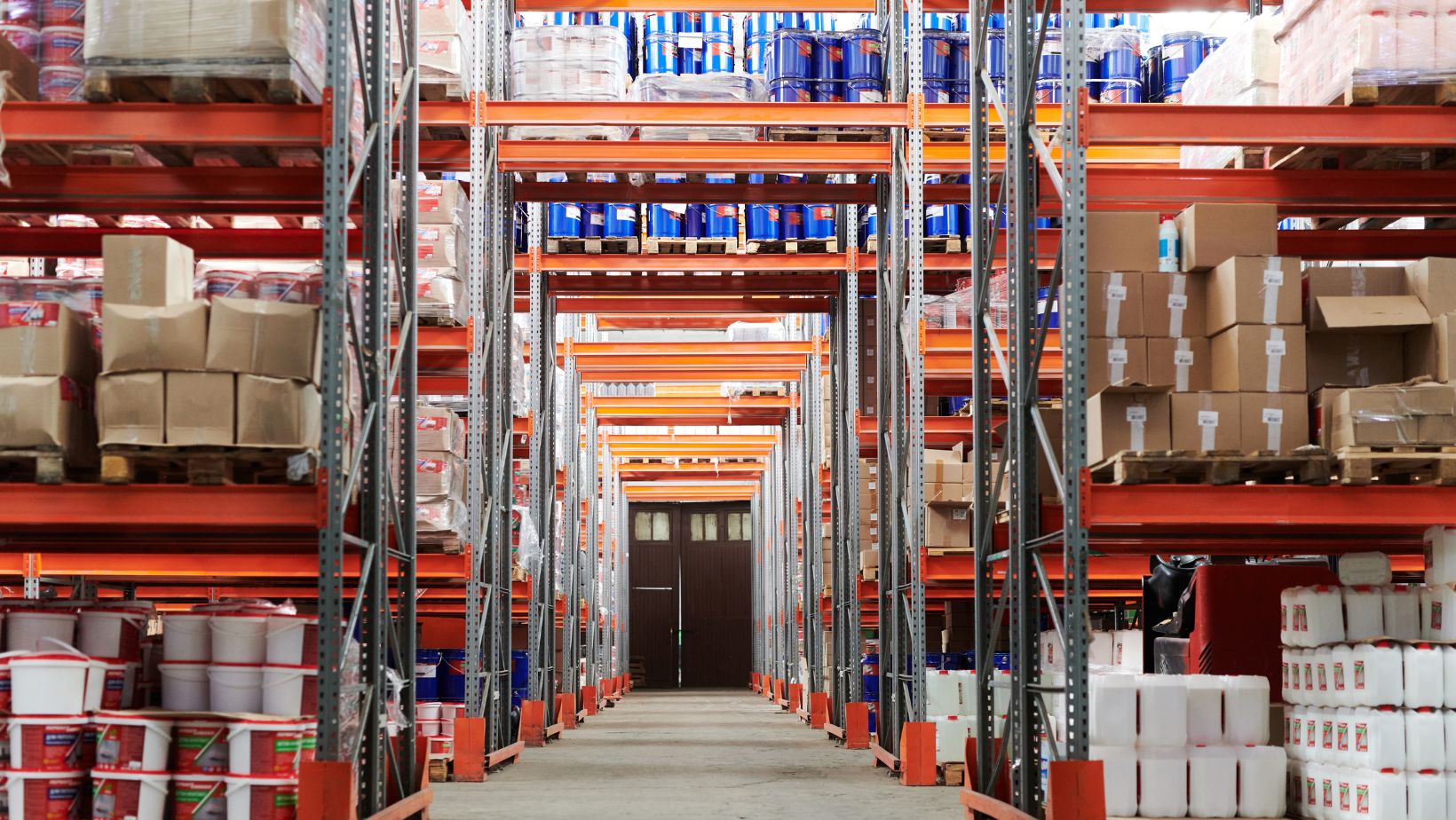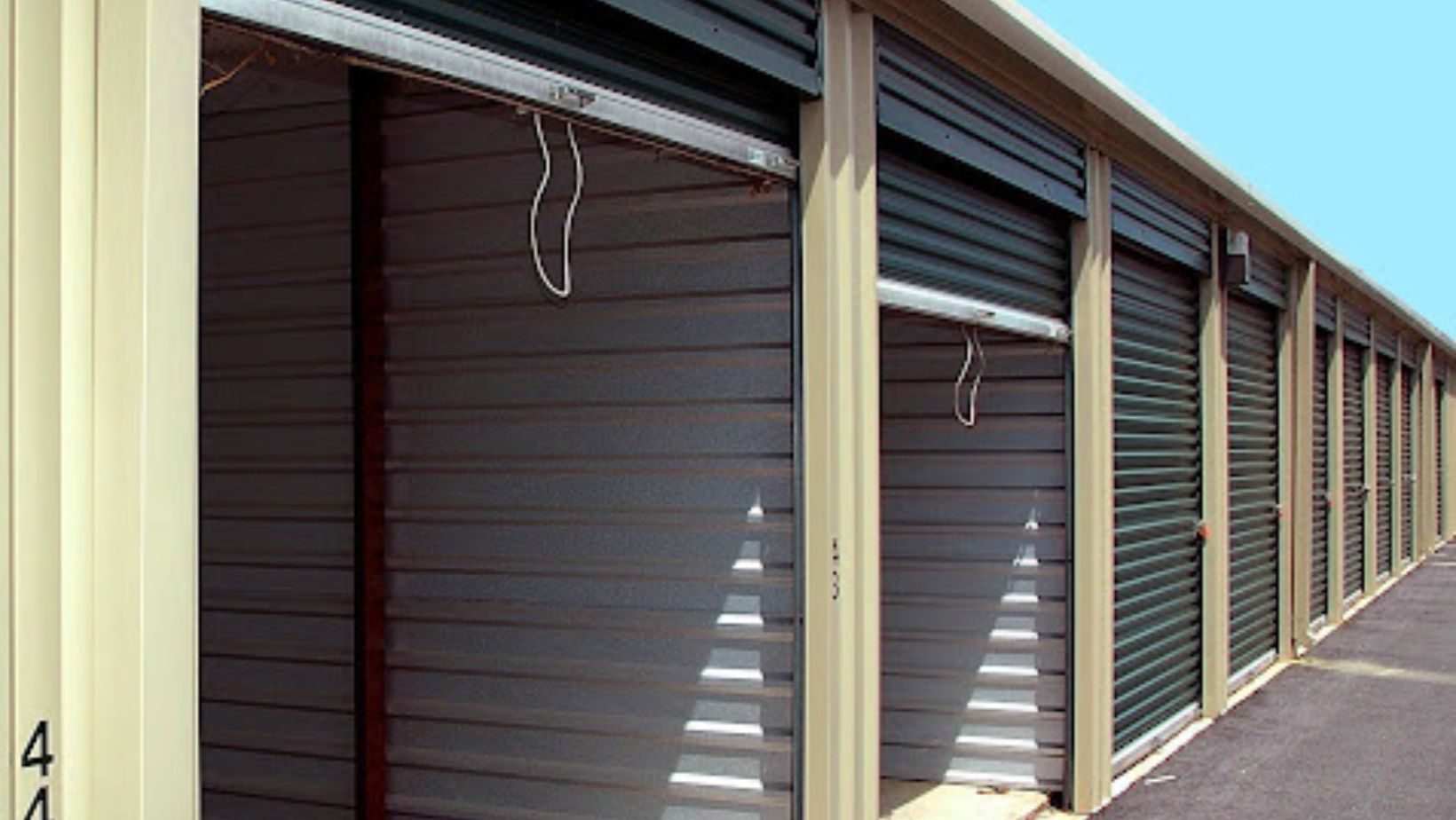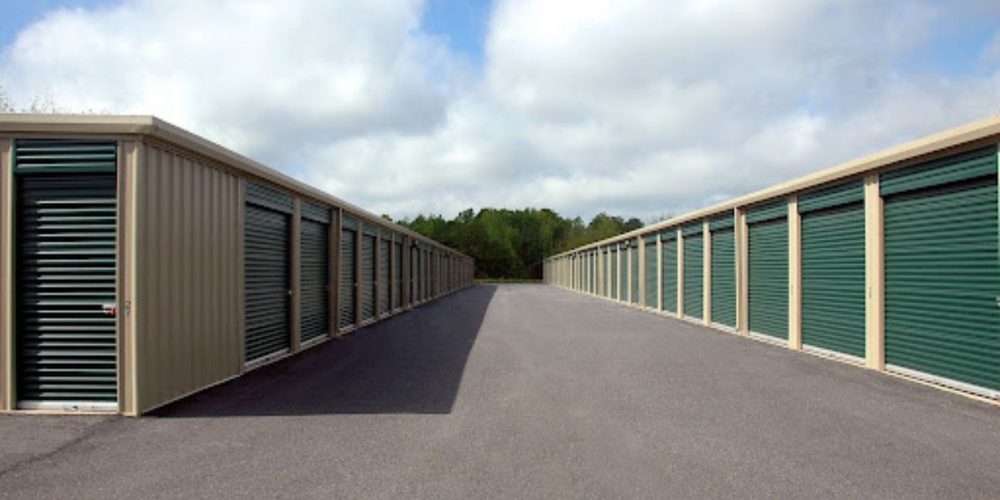Choosing the right self-storage unit can be daunting, especially when considering the myriad options available. The unit you select must fit your budget and accommodate your specific needs in terms of space, location, and security. This guide aims to simplify the process by providing tips and insights on how to find and select the most suitable self-storage unit for your unique requirements.
Understanding Your Storage Needs
Before searching for a self-storage unit, it’s essential to understand your storage needs. Identify the items you plan to store and their sizes. Consider whether these items are sensitive to environmental factors such as temperature and humidity. For instance, documents, electronics, and certain types of furniture may require climate-controlled storage.
In addition, evaluate how frequently you will need to access these items. If it’s often, you might want a unit allowing easy, frequent access without extra charges. Finally, consider the duration of storage. Some facilities offer discounts for long-term contracts, which could be beneficial if you plan to use the unit for an extended period.
Location And Accessibility
The location of the storage facility can significantly impact convenience. A facility that is close to your home or office is ideal, especially if you’ll be accessing the unit frequently. Consider traffic patterns and accessibility hours as well. Some facilities may have restricted access hours, while others allow 24/7 access. Be sure to choose a facility that suits your schedule. Additionally, consider the ease of access to your actual unit. Facilities with ground-floor access can make moving items in and out less strenuous.
Depending on the items you plan to store, you may also want a facility with ample parking space or loading docks. This can make it easier to transport and load bulky or heavy items. For example, if you live in Bundaberg, Australia, start by looking up Bundaberg storage facilities that offer the features and amenities you need. Also, consider the security measures in place at the facility, such as surveillance cameras and secure entry systems.
Choosing The Right Size
The size of the self-storage unit is a crucial factor to consider. Units typically range from small lockers to large rooms. A unit that is too small will only accommodate some of your belongings, while an overly large one will mean unnecessary costs.

Take stock of all the items you intend to store and try to arrange them to maximize space utilization. Consider using shelves or vertical stacking for smaller items. It’s also smart to consider potential future storage needs. Renting a slightly larger unit can accommodate any unexpected additional items. Most storage facilities have size guides and space calculators to help you determine the right unit size for your belongings.
Security Features
Security is a paramount concern when selecting a self-storage unit. Your belongings’ safety should be guaranteed. Look for facilities with robust security features such as surveillance cameras, fences, coded access gates, and individual door alarms. The facility should have adequate lighting to deter potential burglars and make you feel safe when accessing your unit during darker hours. Inquire about their procedure in case of theft or damage to your items. Some facilities offer content insurance or recommend insurance providers.
Also, consider the security of your belongings within the unit. If you have valuable or delicate items, ensure the facility offers climate-controlled units to protect against extreme heat, cold, and humidity.
Evaluating Cost
Cost is often a determining factor when choosing a self-storage unit. Prices vary widely based on unit size, location, and additional features such as climate control or enhanced security. It’s important to understand what your budget allows and what features are must-haves for you. Don’t shy away from negotiating the price or asking for discounts. Some facilities offer promotions or reduced rates for long-term contracts. Always read the contract thoroughly to understand the terms and conditions, including the service termination process and any associated costs.
Additionally, be aware of any additional fees that may not be included in the quoted price. These could include administration fees, late payment penalties, and insurance premiums. Ensure you clearly understand what is covered in the rental fee and what is considered an extra cost.

Finding and selecting the right self-storage unit doesn’t have to be stressful. By understanding your unique storage needs, considering the location and accessibility, choosing the right size, evaluating security features, and assessing cost, you can find a unit that is both affordable and suitable for your belongings.
Remember, the ultimate goal is to ensure that your items are stored safely and securely with the convenience and accessibility you require. Do your research, visit potential facilities, ask questions, and make an informed decision. With the right planning, you can find a self-storage unit that meets your needs and fits your budget.






